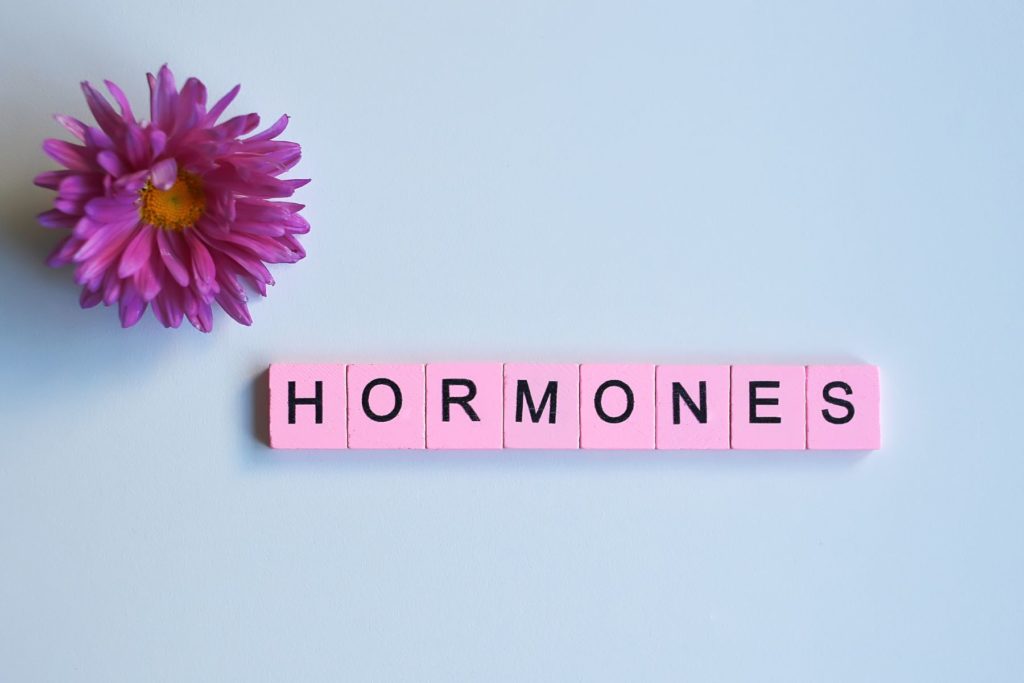Signs You Should Change Your Eating Habits
November 15, 2022

We all know that our diet and eating habits play a big role in our overall health. If you are an athlete or active person, your eating habits also play an essential part in your training and progression. However, with messages all around telling us what and how much to eat, it can become hard to listen to our own bodies.
It is important to remember how smart our bodies truly are in telling us how much and when we need fuel. In addition, our bodies may produce physical signs when our diets are lacking in one way or another. It is up to us to tune into these signs and know that they may be signals that something is not right and that it’s time for change.
Thus, here are three signs that you may need to change your current eating habits.
1. You’re Struggling with Your Hormones
The hormones in our bodies are made of proteins and fats that come from our diet. For example, insulin, thyroid hormones, and luteinizing hormone are made up of protein. On the other hand, estrogen, testosterone, and cortisol are made up of fat. In addition, vitamins and minerals from our food help activate some hormones or regulate their production. Thus, a healthy, varied diet that provides enough energy is essential to hormonal balance for men and women.
We know that under eating is a big stressor on the body. Without enough food, our body assumes that we are not in a safe or stable enough environment to raise a baby. As a result, sex hormone production decreases. In women, this can show up as irregular periods, no periods (amenorrhea), and fertility issues that can be long lasting if unaddressed. In addition, decreased hormones like estrogen (which can occur in amenorrhea) impact bone strength and density, increasing the risk of injuries and osteoporosis. For men, calorie restriction may lower levels of hormones like testosterone, also affecting their fertility and bone density.
Hormones play many important roles in our bodies from regulating fertility, bones, body temperature, sleep, and many of our organs. In addition, they regulate our metabolism and digestion…

2. You’re Struggling with Your Digestion
When undereating or following a restrictive diet, it is not uncommon to struggle with digestive issues or conditions such as IBS. Do you struggle with symptoms like persistent constipation, bloating, or heartburn? If so, this could be a sign that your eating habits need a makeover.
Our thyroid hormones tend to taper off in times of stress such as undereating. Among many things, the thyroid hormones are important for regulating metabolism and stimulating peristalsis. Peristalsis is the muscular contraction of our intestines that pushes food along. Therefore, those that aren’t eating enough may struggle with frequent constipation, bloating, and feeling tired.
An imbalance of healthy gut bacteria can be the result of a restrictive diet that lacks variety. It is also important to note that restriction of certain food groups can actually create temporary intolerance as your body is no longer “used to” producing the enzymes needed to break down that food (such as lactase that breaks down lactose in milk). In both cases, symptoms can include bloating, constipation, diarrhea and abdominal pain.
Finally, although fruits and veggies are excellent sources of nutrition, it is possible to have too much. When following a restrictive or “clean eating” diet, you may be eating a lot of these foods. Fruits and veg are very high in fiber which is good for digestion in moderate amounts but causes digestive issues in excess.

3. You’re Not Progressing in Your Training
From those who exercise for their health and enjoyment to those that are athletes, not seeing progress in your training can be disheartening.
When not eating enough you may struggle to maintain the energy to complete a workout or training session to your fullest. In the moment, this can impact your performance which can be especially detrimental for athletes. Over time, this may impact your ability to increase your strength, speed, agility, and overall progression. In addition, those that undereat tend to be more prone to injuries, further impacting your ability to train.
Without proper nutrition that includes adequate calories, carbs, protein, and fat, your body will not only lack the energy to train but also the fuel to recover. For both recreational exercisers and serious athletes, inadequate recovery only further exaggerates your inability to see progress, and increases your risk of getting injured.
Thus, if you are not making progress in your training despite your hard work and/or seem to get injured easily, it may be time to take a look at your nutrition as an active person.

Key Takeaways
We all know that proper nutrition is important for our health. However, knowing what and how much we actually need to eat can be confusing with mixed messages coming at us from every angle. Our bodies can tell us when something isn’t quite right and reading these signs is the first step to making a positive change.
If you think that it might be time to reevaluate your current eating habits, consider speaking to a registered dietitian. Click HERE to meet our non-diet dietitian team and receive support today.